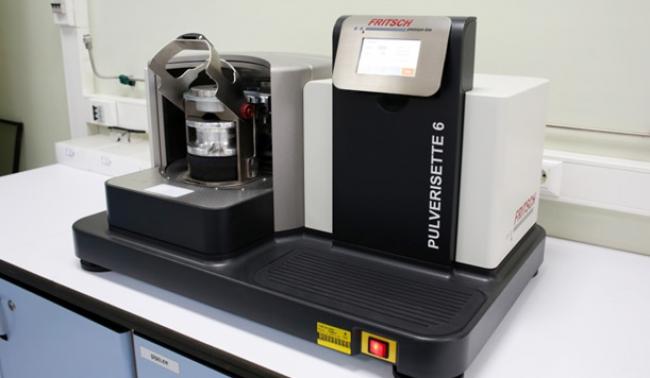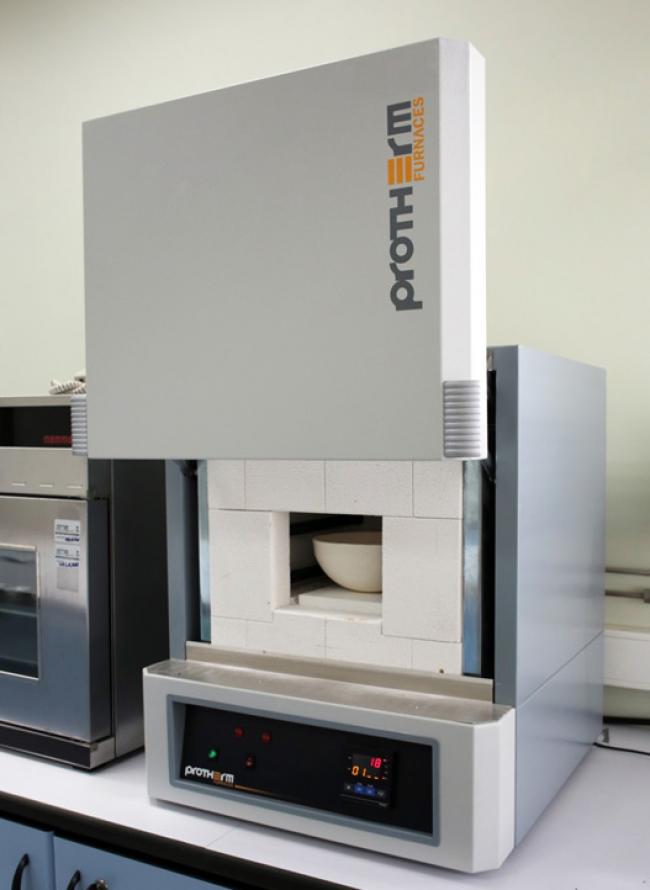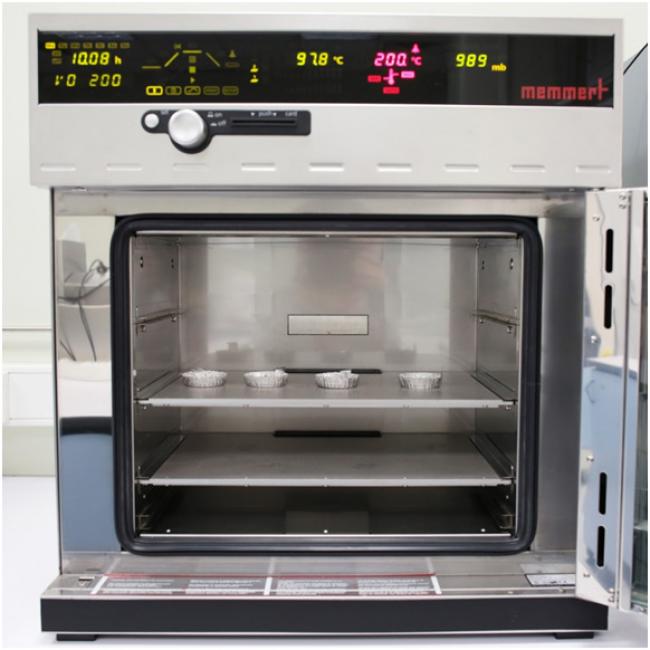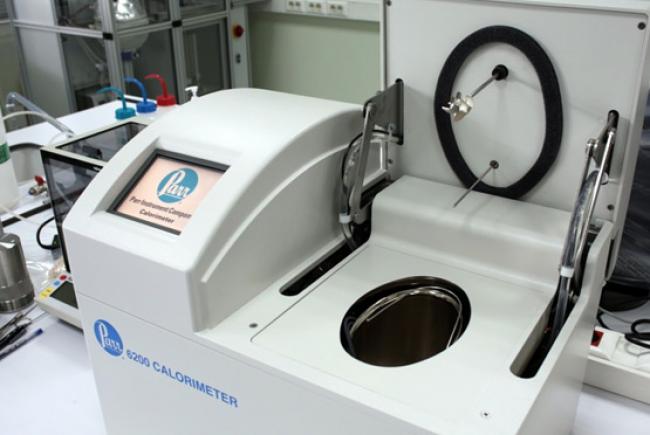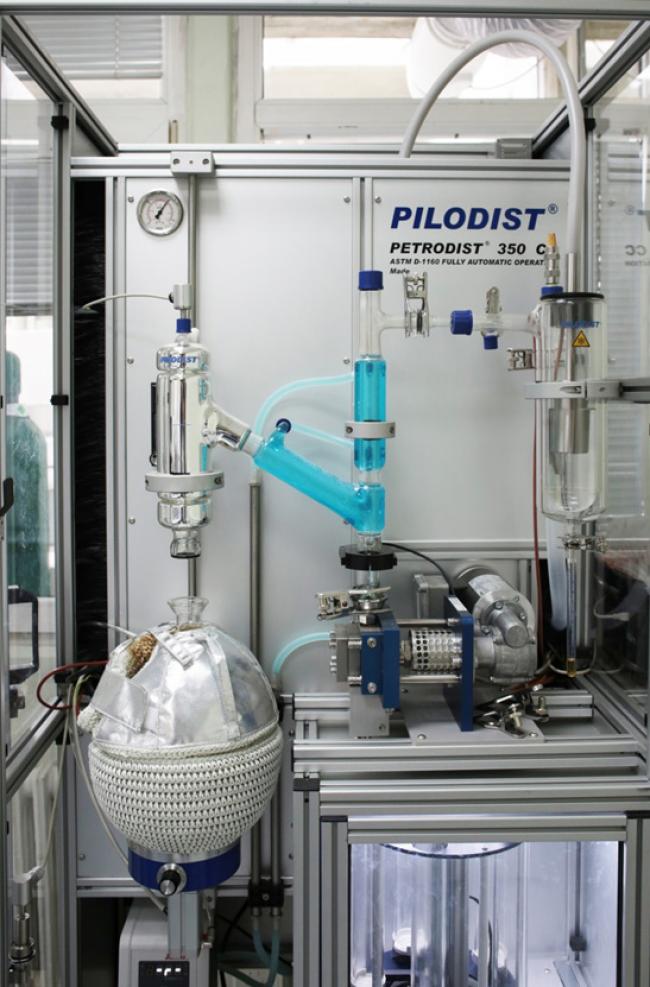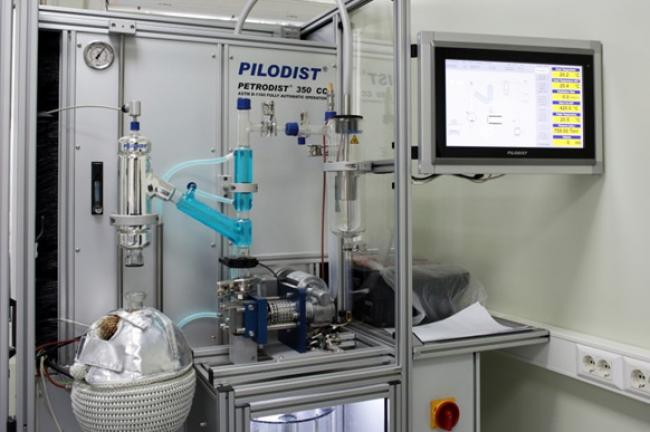Hazardous Waste Recovery and Disposal Laboratory
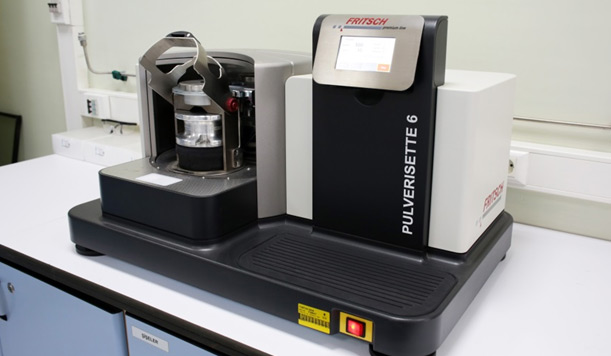
General Information
In its broadest sense, waste is defined as materials the use of which is not desired by their producer any longer, hence requiring removal. However, they have the potential to be reused in line with original or different purposes after the application of various processes, and they are defined in the industry as resource materials present in the wrong place at the wrong time. Sustainable waste management is a strategic approach which covers all the sources and realities related to waste generation, separation, transportation, recovery and disposal systems. It enables adapting the sustainable development approach to the waste hierarchy leading to the identification of alternative waste management options based on environmental impacts.
The problems encountered in waste management result from inadequate infrastructure, limited financial resources and the lack of regional technical expertise that will guide business sector investments. Today, waste management is increasingly addressed as a business sector, and business sector-public sector partnership is moving away from its the traditional public service sector status. Waste management companies have started to quit the traditional collection and disposal model turning into organizations who maximize resource recovery and adopt an integrated approach that increases economic value. However, specific opportunities vary depending on the waste type and the economic capabilities affected by the existing infrastructure.
The waste industry is still an emerging sector in Turkey although it has advanced market conditions in Europe, Japan, and the US thanks to the participation of the business sector. Population development, urbanization, strict environmental regulations and partial privatization of waste management services encourage the growth of the regional waste industry. The environmental market and service sector are expected to rapidly develop when every aspect is taken into account.
On the other hand, it is quite critical to establish an improved and adequate waste management infrastructure in Turkey. The country needs waste management facilities such as landfill, incineration and hazardous waste recovery systems urgently. In alignment with national waste management strategies across the country, waste recovery gains importance, and the conversion of hazardous wastes into new products plays a major role.
The Hazardous Waste Recycling and Disposal Laboratory was established to develop innovative technologies with its research and evaluation infrastructure for both experimental and pilot studies, and to support national/international projects. The laboratory plays a major role in the development of new technologies for the cleaning of toxic and hazardous wastes. Innovative technological research and development activities include:
- On-site solidification/stabilization
- Physical treatment/volume reduction
- Phytoremediation
- Distillation
- Volatile organic heat treatment
- Separation of precious metals
- Field pilot evaluation
List of devices
- Automatic Atmospheric and Vacuum Distillation System
- X-Ray Sulfur Detection Device
- Automatic Cloud and Yield Point Detection Device
- Automatic Colorimeter
- Potentiometric Automatic Titrator
- Humidity Titrator
- Magnetic Separator
- Eddy Current Separator
- Automatic Isoperibolic Calorimeter
- High Pressure High Temperature Reactor
- High Temperature Low Pressure Reactor
- Elemental analysis device C/H/N/S
- Compost Reactor
- Anaerobic Digestion Reactor with Automated Control
- Distillation Unit
- High Temperature Muffle Furnace
Completed Projects
- Project for the Preparation of Preliminary Feasibility Report on the Disposal of Solid Waste from the West Black Sea Region in the Incineration Plan
Contact Person (Phone/Email):
- Volkan PELİTLİ Phone: 0262 677 29 98 Email: volkan.pelitli@tubitak.gov.tr

